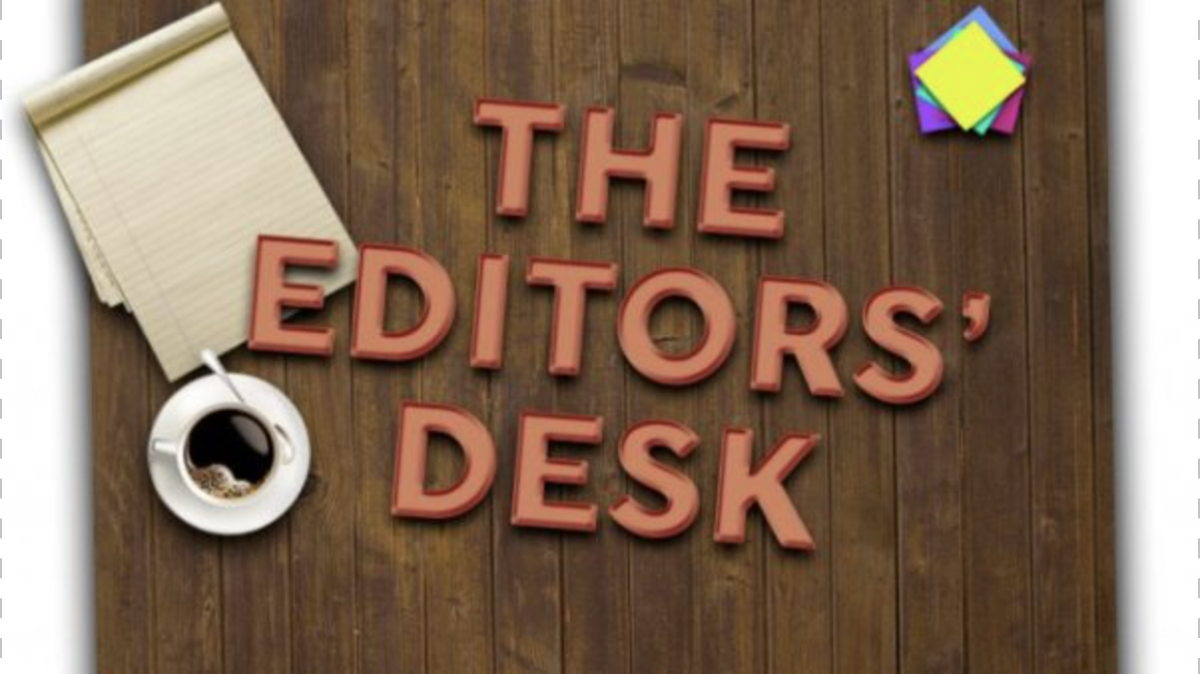Measuring diversity is easy. Take a population, carve it up in terms of the categories you’re interested in “” what’ll it be today, ethnicity? Gender? Make sure the percentages total to 100, and now you know how diverse you are. Or aren’t.
Dealing with diversity is easy, too. Diversity only requires tolerance. You don’t have to like anyone who acts, looks or thinks differently from you, or at least more differently than you’d like them to. Not if you want to be a good person, that is. You just have to tolerate them. (Whether it’s possible not to like someone different from you and not let it affect your own behavior “” well, that’s an open question.)
Inclusivity, though, is hard to measure. And it demands more of us than mere diversity does. You can’t be included if you don’t feel like you belong, and you can’t feel like you belong unless others make you feel like you belong.
What does belonging look and feel like, anyway? It’s not a negatively defined concept; you might never be discriminated against for what sets you apart from the crowd, but that doesn’t mean your unique qualities were appreciated. They could’ve just been ignored, and that doesn’t seem to count as belonging. We need to work with a positive conception of inclusivity.
Luckily, the Trinitonian doesn’t need to provide that for you; last spring, the university began searching for a director of diversity and inclusion to figure out how Trinity should answer questions like these.
That position in particular is a new one, but it was preceded by a now-defunct title: coordinator for diversity, created in the spring of 2002. The name went through some revisions through the years, but the university has seen three such coordinators over the years.
The latest, Soisouda Smith, née Inthavong, left Trinity in January 2016. Her responsibilities have been scattered across the administration and staff since: Trinity Diversity Connection found a new adviser shortly after, other staff members were placed on the Martin Luther King, Jr. Commemorative Lecture selection committee, and so forth. The person who fills this position will pick up these duties and more, leading all areas of campus in the effort to make Trinity a community of belonging.
All students, staff and faculty are invited to the candidates’ public presentations, so of course the Trinitonian has been in attendance as well. We aren’t comfortable sharing names or images of the candidates for the position; Jamie Thompson, director of Student Involvement, kindly reminded us that the candidates are, after all, employed elsewhere for the time being. You wouldn’t want details about your job interviews in your Google search results, would you?(Anyone with a T-Mail inbox can search their messages for Sheryl Tynes’ latest emails on the subject, anyhow.)
What we are comfortable saying is that the three would-be administrators who have presented to campus this semester “” and the fourth, who will be presenting the morning of Thursday, Sept. 29, the day this issue is printed and distributed “” are undeniably well-qualified. A quick look at their submitted CVs and resumes will suffice to make the point. But the presentations, too, have been encouraging.
Some candidates kept their remarks general and explained what they think are the characteristics of a sufficiently diverse, inclusive university. Others had specific ideas, which were useful to an extent; the candidate isn’t yet one of us, so how could they have exactly the right suggestions? It takes a certain degree of familiarity in order to nudge our culture in the direction of justice.
That’s not news to the candidates, though, each of whom have acknowledged that they need to get here first “” that they’re looking forward to getting here, in fact!
The point is: We are picking from the best of the bunch. In an important sense, it doesn’t matter who we hire, because whether that person succeeds in their job is going to depend on us. One person can’t turn Trinity into a bastion of belonging on their own.
The question is: How willing is Trinity University “” the community, not the institution “” to do our fair share of the work?







